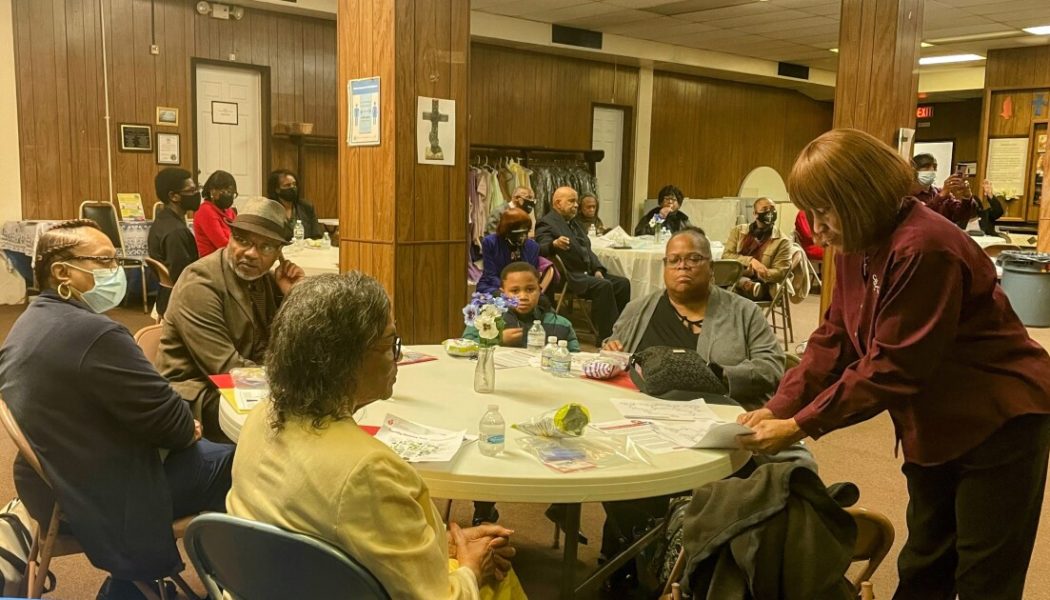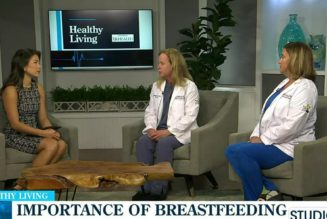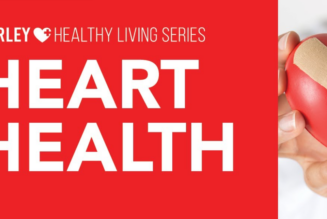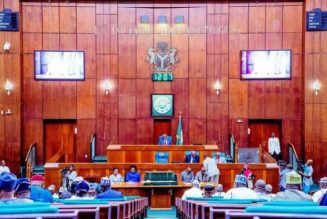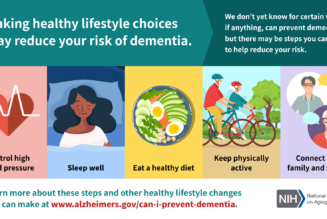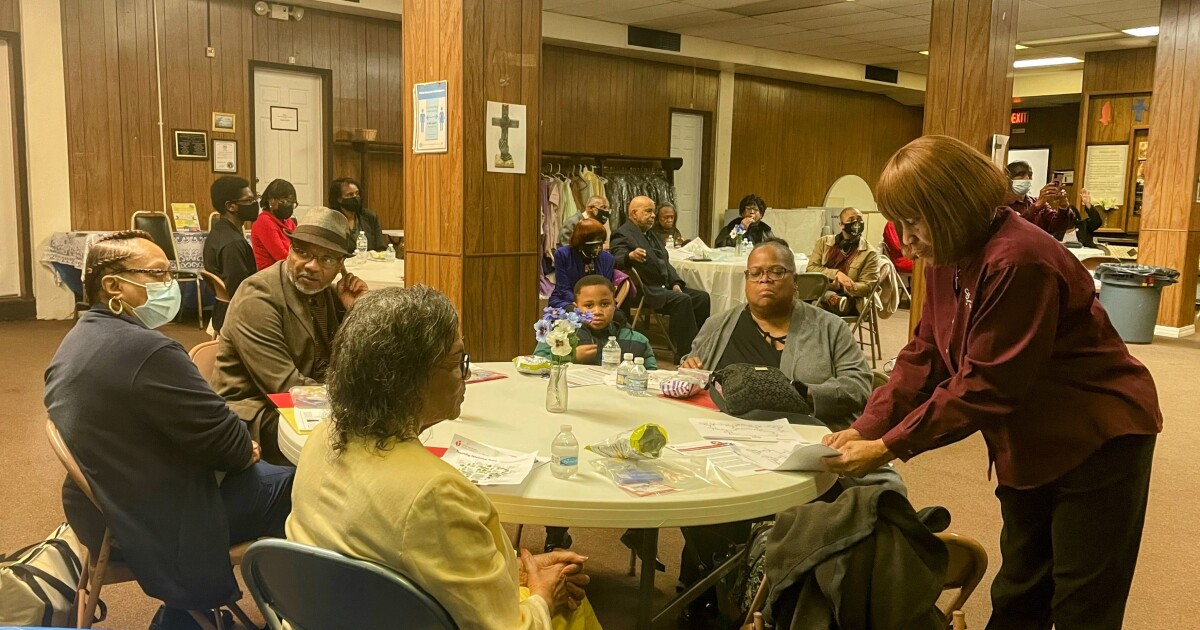
The Rev. Charles Norris of St. James AME Church in the Greater Ville neighborhood has prayed for a number of his church members who have suffered from heart attacks, strokes or other conditions. He has seen too many die and others struggle with heart problems.
Norris and 24 other church leaders are working with the American Heart Association St. Louis through its Empowered to Serve church initiative to help reduce the prevalence of heart disease in north St. Louis and north St. Louis County. Church leaders are encouraging their members to know their family medical history, recognize the warning signs of heart attacks and strokes and adopt healthy eating habits.
According to the region’s health departments, Black residents in north St. Louis are disproportionately affected by cardiovascular disease and those in north St. Louis County have high mortality rates due to heart attacks.
Norris said many Black families in north St. Louis do not routinely visit the doctor because they do not trust medical staff, so Black churches must inspire members to start living a healthier lifestyle by taking care of their hearts.
“We have to have our minds fixed and changed to understand that God can work through medicine as well,” Norris said. “We need people to understand that you need to go to the doctor.”
The American Heart Association provides the churches with informational PowerPoint slides, worksheets and other relatable materials to relay messages about ways to keep the heart healthy. Church leaders can choose from 12 health lessons on how they can get more exercise, learn CPR training, understand high blood pressure and other topics.
People look to church leaders for information and people trust them, which makes them champions for health messages, said Rachelle Bartnik, the heart association’s senior director of community impact.
St. James AME Church members Dana Giboney-Wallace and Deborah Syas are spearheading the initiative at the predominantly Black church. They share the health information to help save people in their community from preventable heart conditions.
“It seemed like every time I turned on the radio or TV, they were talking about one of these health issues and how it affects our bodies, especially in the Black culture,” Syas said. “We had to really make them feel how important it is.”
Giboney-Wallace said it is important for Black people to know their family medical history and share it with doctors, as that could help them live a healthier life.
“A lot of times we don’t see family members until we have a funeral, that’s too late,” she said. “But we need to share that information.”
The Rev. Derrick Perkins of Centennial Christian Church Disciples of Christ in north St. Louis is using the heart association’s program to enhance what his church’s health and wellness team already does for the community. Besides sharing information about heart health, he incorporated exercise programs to help his members limit health risks, which he believes is one of the roles of Black pastors.
“Black churches got to talk about health, especially knowing as a pastor, how often we’re funeralizing people who have died from preventable kinds of things,” Perkins said.
